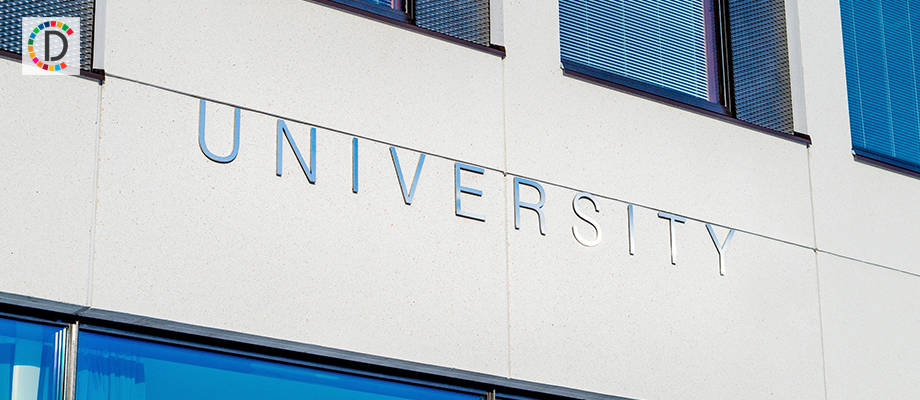Goa University to digitise and transliterate Konkani texts

- Country:
- India
In a bid to bridge the linguistic and literary gap among Konkani speakers, the Goa University is planning to digitize and transliterate the multi-script language, a varsity official said on Tuesday. The university will use 'Konkanverter', developed by the World Konkani Centre at Mangaluru in Karnataka, to transliterate (convert text from one script to another) Konkani texts, he said.
Konkani, a multi-script language, can be written in Devanagari, Roman, Kannada, Malayalam, and Perso-Arabic. The initiative comes after the university's English department conducted detailed research on the digitisation of Konkani texts and their transliteration.
"The study explores the possibility of having a cross-orthographical readership of Konkani using Konkanverter, which will not only increase readership and production of literature but also help create Konkani digital archive," according to the university's website. The research was conducted by Palia Tukaram Gaonkar, a doctoral scholar with the English department, and associate professor Dr. Andre Rafael Fernandes.
"Konkani was recognized as the official language of Goa in 1961. It survived despite political threats under the Portuguese rule and contention with Marathi. These hardships have diversified the nature of Konkani," the researchers said in their study. The study mentioned that Konkani is spoken in several dialects in Goa and elsewhere, and is written in five different scripts, owing to the migration of Konkani people from the state over centuries.
There are Konkani communities also in the neighboring states of Karnataka, Kerala, and Maharashtra, which are heavily influenced by the dominant local culture. Hence, Konkani is written in Devanagari, Roman, Kannada, Malayalam and Perso- Arabic scripts, it noted. "This phenomenon creates a linguistic and literary gap in the community of Konkani speakers," it added.
Dr Prakash Parienkar, head of the university's Konkani department, said, "We are happy with the research and it is very important today to digitize and transliterate the Konkani texts, which are valuable assets."
(This story has not been edited by Devdiscourse staff and is auto-generated from a syndicated feed.)
ALSO READ
Turkish Super Cup chaos as Fenerbahçe U19 team walks off after 1st-minute goal for Galatasaray
MIT, MAHE Launches "HBSF-MAHE EduEmpower Scholarship" for B. Tech Aspirants: an Initiative Anchored by an Alumnus of MIT
MIT, MAHE Launches "HBSF-MAHE EduEmpower Scholarship" for B. Tech Aspirants: an Initiative Anchored by an Alumnus of MIT
ISL: FC Goa face tough Jamshedpur FC challenge in penultimate game of league campaign
Italy reaffirms budget goals ahead of new economic forecasts










